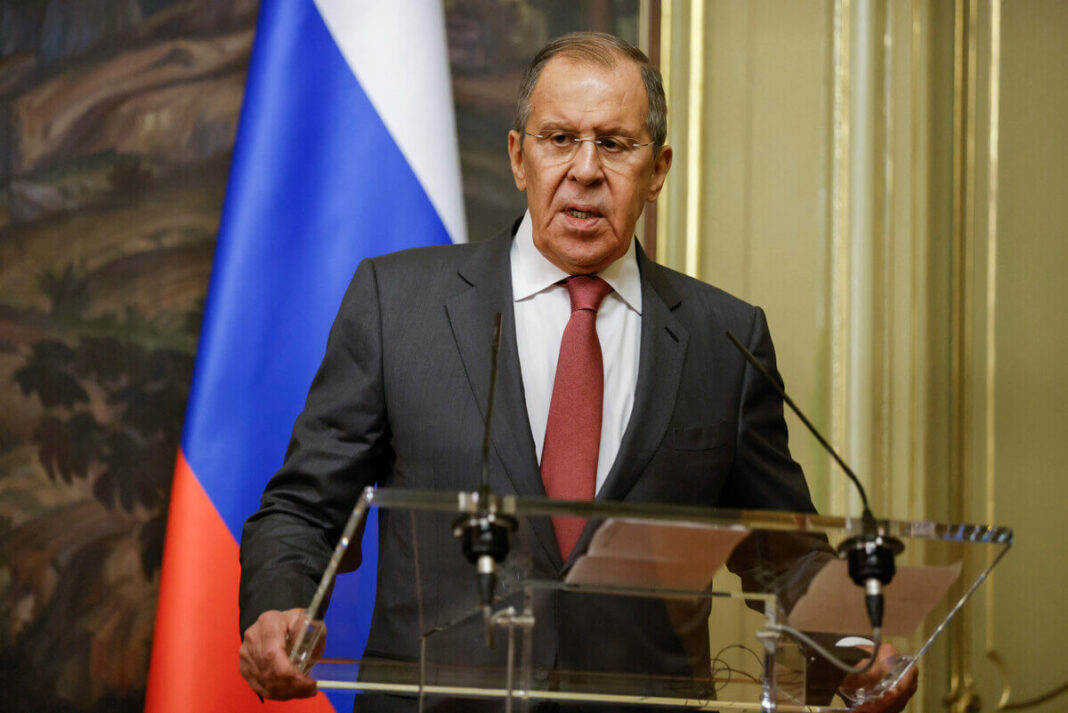Russian Foreign Minister Sergey Lavrov has said BRICS is not planning to admit new members for now, as Turkey’s application to join the group of emerging-market nations awaits consideration, Russian news agency TASS reported on Saturday.
At a news conference following the 79th session of the United Nations General Assembly, Lavrov explained that BRICS countries agreed it would be best to consolidate their recent expansion from five to 10 members before deciding on further enlargements. This comes after the group, originally composed of Brazil, Russia, India, China and South Africa, added Egypt, Iran, the United Arab Emirates, Saudi Arabia and Ethiopia earlier this year.
“As for the prospects for BRICS expansion, at this stage all affiliated countries consider it reasonable not to make new decisions for the time being and to adapt the organization, an association of like-minded members. There were five of us, now there are ten. Of course, this requires some kind of habituation and smooth entry of new members into the work in line with the traditions that the quintet has developed over years,” Lavrov was quoted by TASS as saying.
Lavrov confirmed that over 20 countries are interested in becoming BRICS partners, with about 10 others expressing the desire to maintain close ties with the organization. Proposals on how to accommodate these partner countries are expected to be discussed at the BRICS summit in Kazan, Russia, October 22-24.
One of the nations seeking to join BRICS is Turkey, which has formally applied for full membership, as confirmed by Russian presidential aide Yuri Ushakov in September. Turkish President Recep Tayyip Erdoğan is expected to attend the summit, and Turkey’s foreign minister, Hakan Fidan, recently said the country’s interest in BRICS stems from its efforts to diversify global partnerships, especially given the stalled progress on its bid to join the European Union.
In his earlier remarks, Lavrov implied that Turkey’s stance on Ukraine might pose a challenge to its potential BRICS membership. While Lavrov noted that Turkey’s NATO membership itself is not a barrier to joining BRICS, he raised concerns about the alignment of member countries’ values, specifically citing Ukraine’s policies on language, culture and religious institutions as contradictory to BRICS principles. Although Turkey does not observe Western-led sanctions on Russia, Ankara’s support for Ukraine, including supplying it with drones, could complicate its bid to join the bloc.
Fidan previously emphasized that had Turkey been admitted to the EU, the nation likely would not have considered BRICS as an alternative. Turkey has long been an EU candidate but has faced significant setbacks, especially in recent years due to concerns over democratic governance and human rights.
BRICS, founded in 2006, aims to elevate the influence of developing nations in global affairs. With its expanded membership, the group now represents 45 percent of the world’s population and nearly 28 percent of global economic output.



